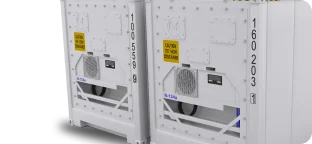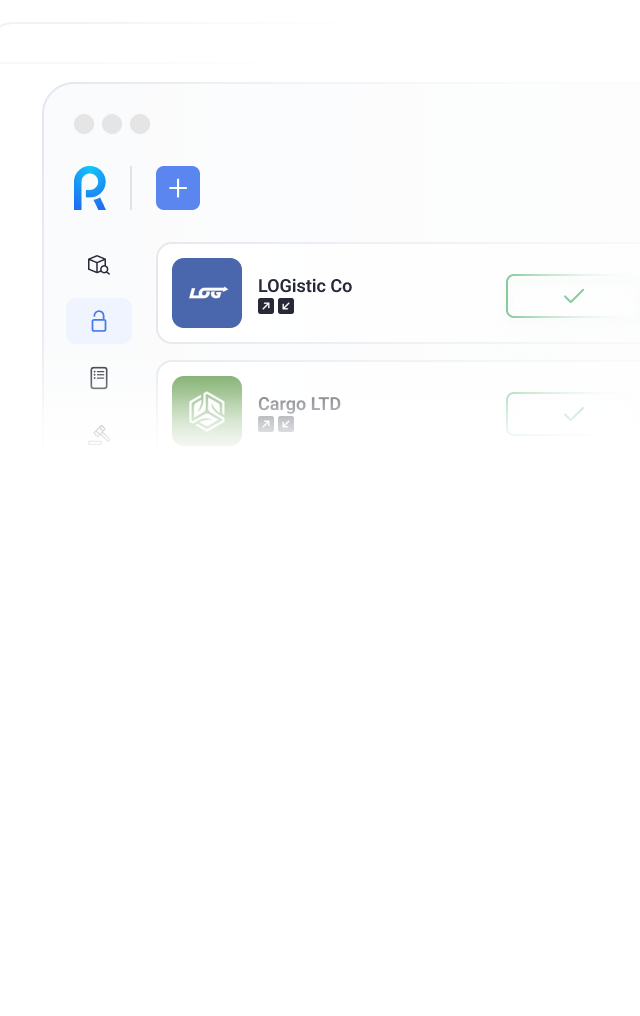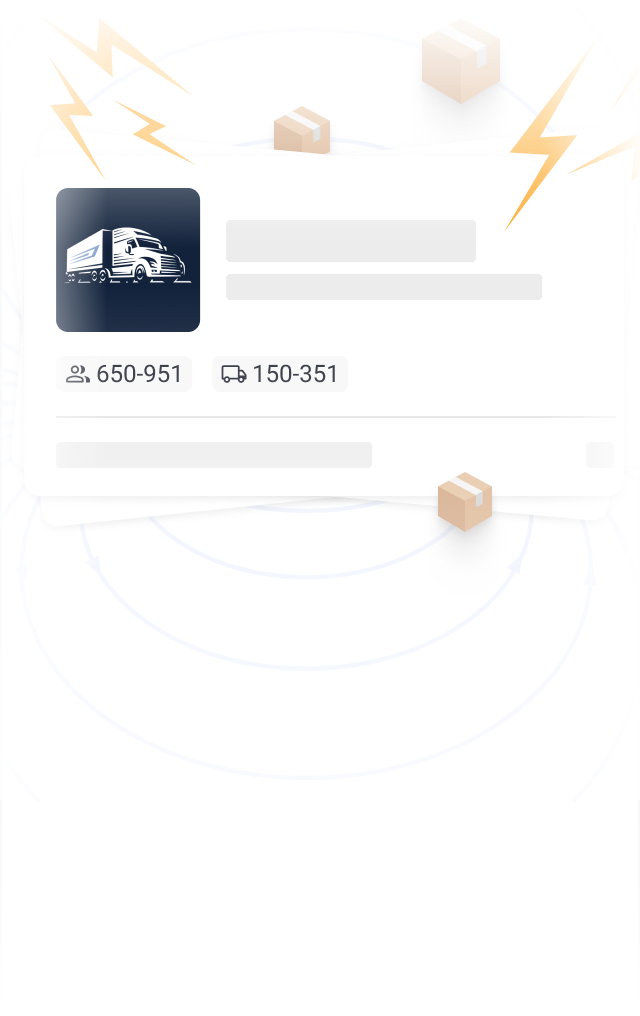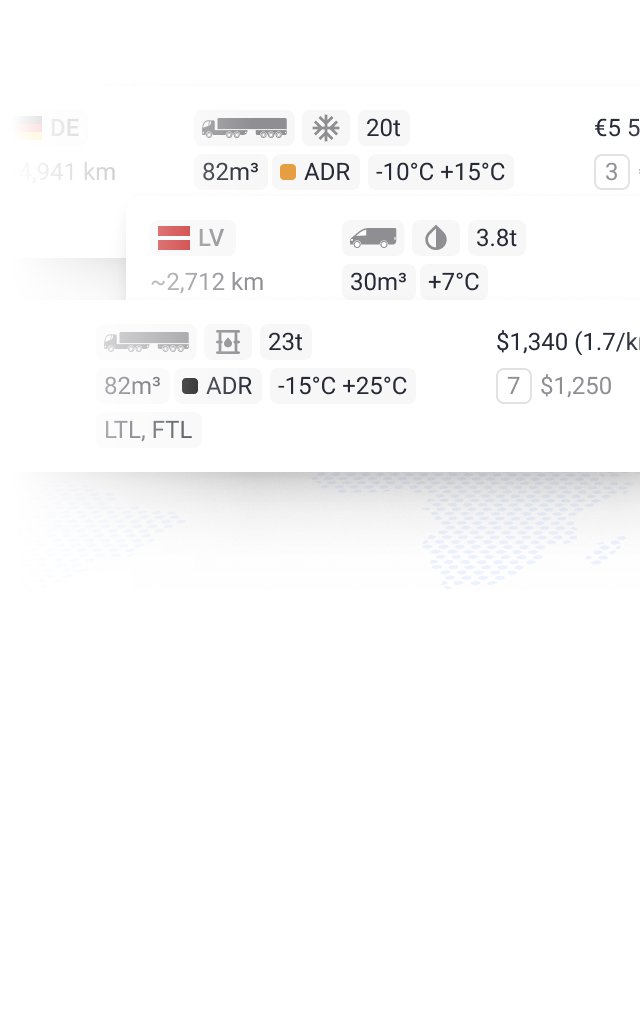
Temperature Cargo Transportation



















Temperature-controlled cargo refers to goods that require transportation within a specific temperature range. This category includes food products, pharmaceuticals, chemical substances, and biomaterials, the quality and stability of which can be compromised if storage requirements are not met.
For this type of product, special packaging and specific modes of transport are used. Refrigerated trucks (reefers) and specialized thermo-trailers are most commonly employed.
The packaging must also provide protection against heat (or cold) and mechanical damage. Insulating materials and containers are often used for this purpose, while the vehicle's cargo area maintains the required ambient temperature.
The transportation of food and certain other types of products often requires adherence to specific storage conditions. The following groups typically require specialized handling:
- Food products. Different categories of food have their own storage requirements. For example, chilled goods should be stored at temperatures between 0 and +5°C, while frozen products require temperatures below -18°C.
- Medications. Many pharmaceuticals have strict environmental requirements, with temperature ranges typically set between +2 to +8°C or -20°C and below. This includes vaccines and biological substances.
- Flowers and plants. Cut flowers should be stored at temperatures between 0 and +2°C, while potted plants require a warmer environment, usually between +15 to +20°C, depending on the type of plant.
- Chemical substances. Certain chemicals also require controlled conditions to ensure stability. This includes volatile organic compounds, reagents, and other materials.
- Highly sensitive cargo. These include dairy and fermented milk products that must be kept within a strictly defined temperature range. This category also covers biomaterials (such as plasma, tissue samples, organs for transplantation), experimental drugs, and certain pharmaceutical products.
- Cryogenic cargo. Stored and transported at temperatures below -50°C, this category includes frozen cells, DNA samples, laboratory specimens, and certain medications.
Understanding the categories and requirements of these goods is essential for organizing efficient logistics. Each category has its own needs, which must be carefully considered when selecting the appropriate transport solution.
Transporting such goods requires strict adherence to the conditions necessary for their preservation and safety. Depending on the nature of the products, various transportation methods are available.
Transport
- Refrigerated vehicles. Specialized cargo trucks, vans, or trailers equipped with cooling systems capable of maintaining a wide range of temperatures, including sub-zero levels.
- Isothermal trucks. Transport designed for delivering goods while isolating them from external conditions, without active cooling equipment.
- Thermal containers. Autonomous containers or tanks with passive thermal insulation that can be loaded onto any type of transport, whether by road, air, or sea.
Each type of transport has its own technical specifications. The choice of vehicle depends on specific requirements and the company's budget.
Types of Transportation
- Cooled transportation. Maintains a temperature range of +2°C to +8°C, suitable for products prone to spoilage in warm conditions.
- Frozen transportation. Used for delivery within a range of -18°C to -25°C, ideal for categories requiring frozen storage.
- Controlled-temperature delivery. Unlike cooled or frozen transport, this type can include both positive and negative temperature ranges, offering greater flexibility.
When selecting a transportation company for temperature-controlled deliveries, it is important to consider the specific characteristics of the products being transported.
The main characteristic of this category of goods is the strict maintenance of storage temperature, which can range from negative to reduced temperatures within a specified range.
The choice of vehicle for temperature-controlled transportation directly depends on the distance of the route, the volume of the goods, and the required storage conditions. Refrigerated trucks (reefers), isothermal trailers, and thermoboxes are most commonly used. Containerized shipping is also employed for such products.
Logistical planning is equally important. It’s crucial to consider delivery timeframes, loading and unloading specifics, as well as the availability of warehouses for short-term storage at intermediate points along the route.
Another key consideration is maintaining the required temperature during unloading, warehouse storage, and any other handling operations. For this purpose, special temperature loggers are used to ensure that no deviations in temperature occur throughout the entire journey.
The cost of this category of freight transportation is influenced by the following factors:
- delivery conditions and their maintenance
- distance and transportation route
- type of transport and equipment
- additional services
- seasonality and climate conditions
Ultimately, the final price depends on the carrier's expenses for maintaining the required transportation conditions. However, each company has an average tariff that can serve as a reference point when making a selection.
The volume of goods also plays a role: whether you will rent the entire vehicle or plan to send a consolidated shipment with temperature control. In the latter case, the cost is lower. It is recommended to choose carriers that maintain competitive pricing within this category.
This type of delivery is a specialized area of logistics where the transportation company plays a crucial role in ensuring the product's safety and compliance with sanitary standards. When choosing a carrier, consider several key criteria:
- Does the company have suitable transport? Ensure that the logistics provider has vehicles capable of transporting your goods while maintaining their freshness and appearance.
- Are there tracking systems in place? Monitoring systems are essential for keeping track of the product’s condition at every stage of transit.
- What is the company’s reputation and experience? Review feedback, case studies, and client lists to assess the carrier’s reliability. On Roolz, this information is easier to obtain through the carrier’s rating, which is based on completed orders.
- How experienced is the staff? The company’s personnel should be knowledgeable about all nuances and able to address any queries related to temperature-controlled shipments.
- What are the terms of cooperation? Clearly defined agreements and transparent contracts ensure that both parties understand their obligations and expectations.
A reliable transportation and forwarding company specializing in road freight can easily be found in the Roolz directory. Add your company, find a trustworthy logistics partner, and conveniently organize freight transportation on the Roolz platform!
What are temperature controlled cargoes?
Temperature-controlled cargo refers to goods that require transportation within a specific temperature range. This category includes food products, pharmaceuticals, chemical substances, and biomaterials, the quality and stability of which can be compromised if storage requirements are not met.
For this type of product, special packaging and specific modes of transport are used. Refrigerated trucks (reefers) and specialized thermo-trailers are most commonly employed.
The packaging must also provide protection against heat (or cold) and mechanical damage. Insulating materials and containers are often used for this purpose, while the vehicle's cargo area maintains the required ambient temperature.




Add your company


 en
en fr
fr de
de hi
hi pl
pl es
es tr
tr uk
uk